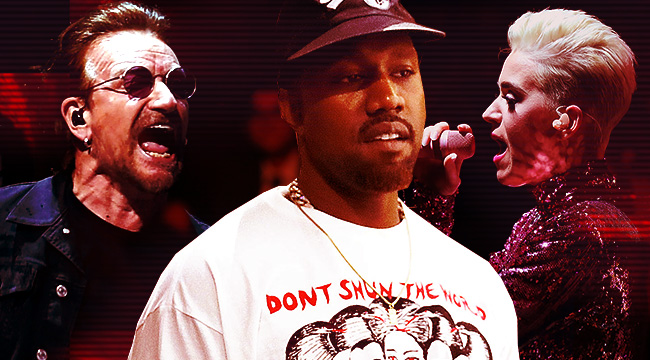
Nobody can “pull a Beyonce” like Beyonce.
Think back to 2013, when without warning Bey released her landmark self-titled album. At the time, it was believed that “pulling a Beyonce” would become a new industry norm. Why bother with the traditional promotional duties of a conventional album launch when you can spring your new music on an unsuspecting public, and reap the benefits of so many stunned and ecstatic listeners on social media and in the music press?
But when Beyonce, with Jay-Z as part of The Carters, dropped Everything Is Love suddenly this past Saturday, it was a reminder that she’s one of the only pop superstars capable of a record release that’s both genuinely surprising and reassuringly graceful.
Music aside, it’s hard not to marvel at the sheer professionalism of it all — the album arrived, swiftly captured the zeitgeist, and set itself up for days of reactions. It was just so elegant, especially since launching a would-be blockbuster album properly has become a lost art. Think of the all the big-time albums that have come out in the past few years preceded by promotional campaigns that were obnoxious, overbearing, ill-conceived, and totally, totally wrong. “Pulling a Beyonce” did not become the industry standard, because there is only one Beyonce. The new standard seems to be playing yourself.
How did we get to this point, when the arrival of a big-time record always seems anticlimactic, even dread-inducing, because we’ve all been worn down from months of pre-release PR screw-ups? We need to explore the dark side of album launches, Howard Zinn-style — the mistakes, the controversies, the outright disasters. Here are 10 worst album launches of the decade so far.
(Dis)honorable Mention: Jessica Lowndes pretends to be married to Jon Lovitz
This one technically doesn’t count because it wasn’t intended to promote an album, but rather a music video. But when the Canadian singer-songwriter, best-known for her role on the millennial reboot of Beverly Hills 90210, perpetrated an internet hoax in 2016 in which she supposedly eloped with former SNL star Jon Lovitz, it bore many of the hallmarks of a botched album launch. It was annoying, it completely overshadowed her single — it’s called “Deja Vù,” for those who aren’t serious Lowndes-heads — and instilled a level of public ill will that was impossible to move on from. Worst of all, it failed to launch Lowndes’ music career, which is why most people probably have no idea what or who I’m even talking about right now.
(Dis)honorable Mention No. 2: Yacht leaks their own fake sex tape
Another terrible music-related internet hoax from 2016 involves the dance-pop group Yacht who claimed that a sex tape featuring married band members Claire Evans and Jona Bechtolt had been stolen and leaked online. Fans and onlookers naturally expressed sympathy, because it’s horrifying to have a private, intimate moment exposed without your permission. (It’s also a sex crime!) Then, weirdly, Evans and Bechtolt announced they were going to sell the tape for $5 — even though nobody responsible enough to pay for a sex tape would actually want to watch a sex tape. And then, finally, it was revealed that the tape was faked for the purpose of promoting the song “I Wanna Fuck You Til I’m Dead.” Again, not technically an album launch, but as possibly the ickiest music-related PR stunt of the 2010s, it warrants a mention.
10. The Strokes promote their 2011 comeback album Angles by talking about how miserable they were while making it
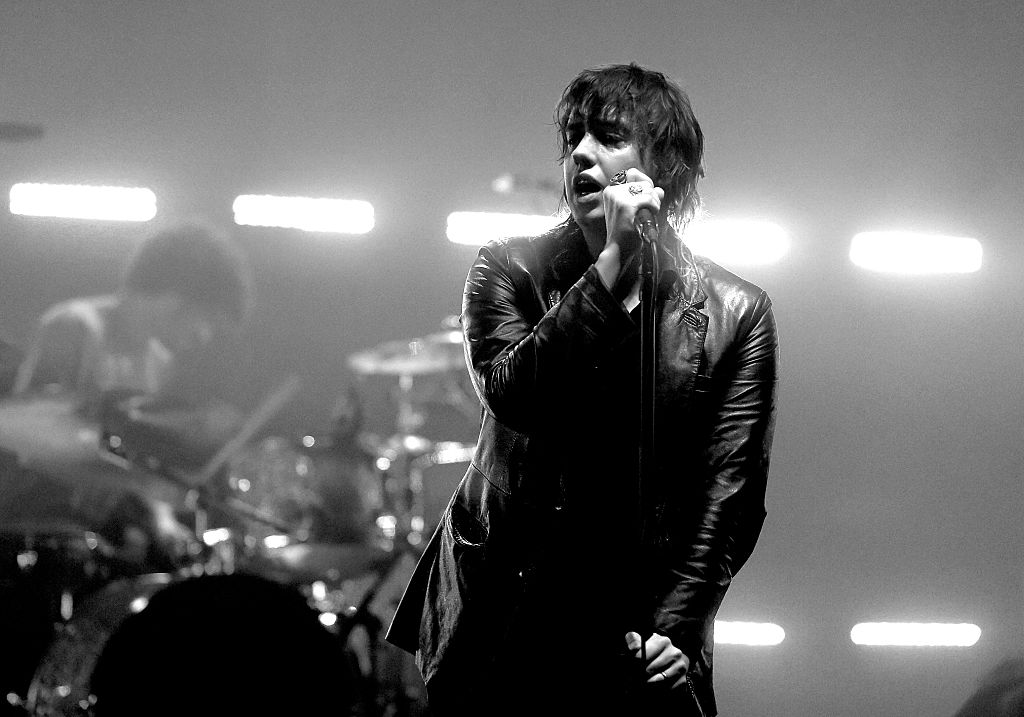
Before the advent of social media, which obviously transformed the way that new music is advertised and disseminated, the most common way that an artist could derail his or her record was via a self-own — often accidental, but occasionally on purpose — in an interview. Basically, you tell the world that the album you’re about to put out is bad, inevitably informing how the music is subsequently heard and written about.
In 2011, the Strokes returned from a long hiatus with their first album in five years, Angles. The stars were aligned for a warm response: The release coincided with the 10th anniversary of the band’s classic debut, Is This It, and there were already early glimmers of ’00s nostalgia for a generation ravaged by the post-housing crisis economy. And — this might be a controversial opinion — Angles was really good! The first single, “Under Cover Of Darkness,” was their best song since Room On Fire, and the record overall had at least four songs that belong on an all-time Strokes playlist.
But what did the band members think? “I won’t do the next album we make like this. No way. It was awful — just awful,” guitarist Nick Valensi told Pitchfork. In the same story, when Julian Casablancas was asked if he liked Angles, he paused for a long time before answering. “I mean… yes… It’s a tough question.” It’s actually not, Julian! When promoting a record, you say, “yes, it’s the best thing we’ve ever done!” It’s probably not a coincidence that words like “noncommittal” and “unfocused” subsequently appeared in so many Angles reviews.
9. Lana Del Rey bombs on Saturday Night Live right before the release of Born To Die
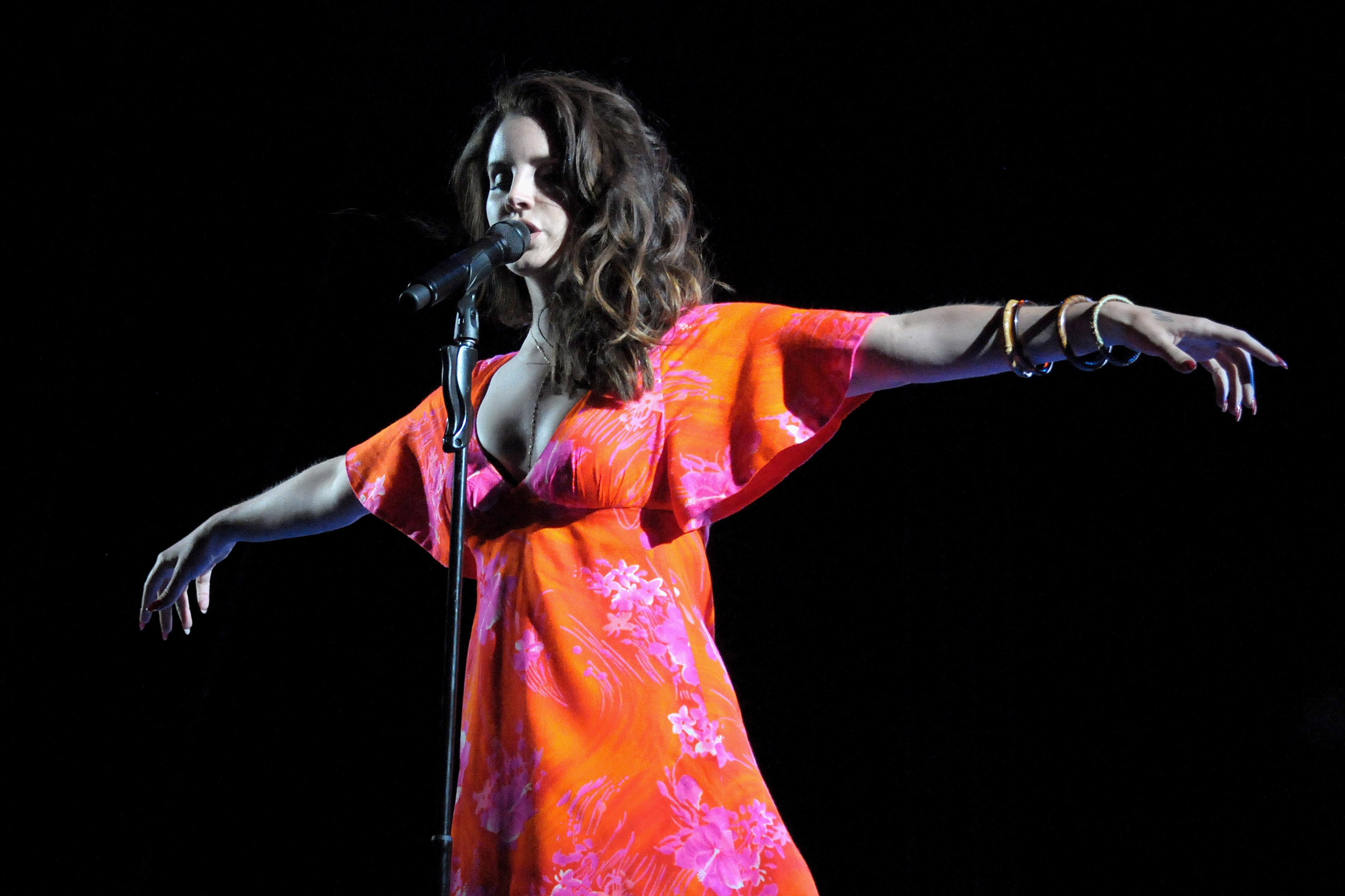
It’s weird to think about the early 2010s as being a different era in terms of how albums were promoted. But when it comes to artists tanking their own media narratives, Lana Del Rey did it the old school way, appearing on a network television show in 2012 a few weeks before the release of her major-label and seriously stinking up the joint. Her nervous, fidgety, and listless performances of “Video Games” and “Blue Jeans” — she wanders the stage in a white evening gown, like a sleepwalker searching in vain for a bathroom — are still remembered as among the worst in SNL history.
While Born To Die still became a hit, debuting at No. 2 on the albums chart, Lana’s SNL appearance bolstered the perception among detractors that she was an empty vessel for hype and media manipulation. In fairness to Del Rey, even good performances on SNL often sound bad, due to the show’s notoriously poor mixes. And she was eventually able to move on from the debacle and establish a healthy career. But in the short-term, dying on SNL gave extra juice to entrenched credibility issues regarding Del Rey’s agency as an artist that took her years to live down.
8. PWR BTTM’s is called “America’s next great rock band” … and then is shamed off the face of the Earth a few weeks later
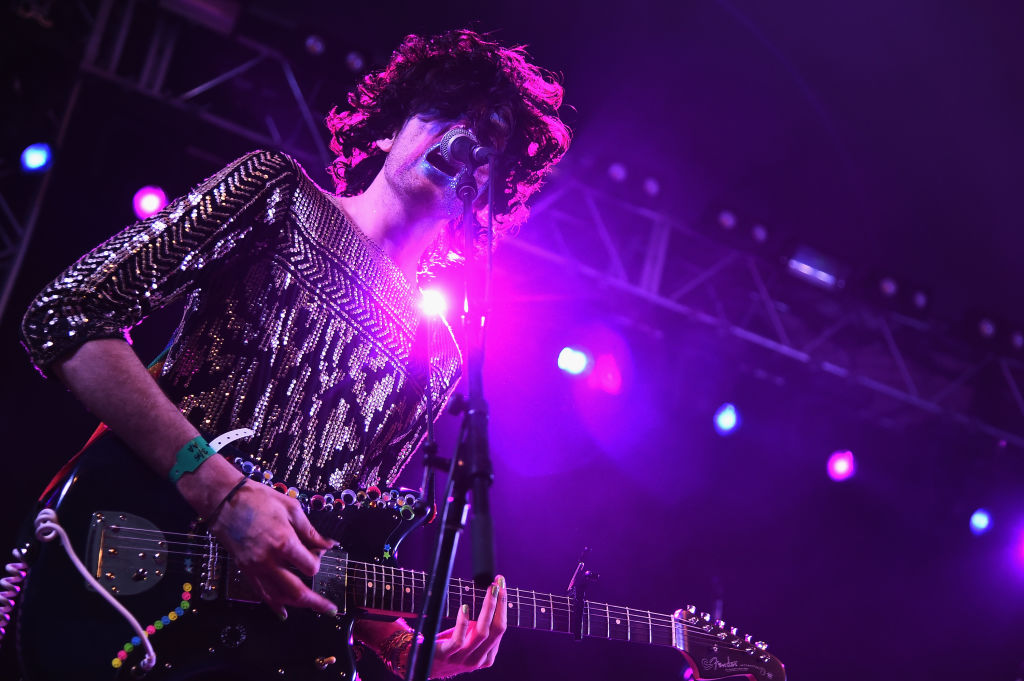
Self-sabotaging interviews or unimpressive TV performances are bad enough, but they’re nothing compared with a horrible sex scandal.
Speaking of which: Has there ever been a dramatic or more devastating fall from grace than the swift memory wipe of everything associated with the indie-rock duo PWR BTTM? Throughout the early months of 2017, PWR BTTM was the most rapturously discussed young band in America, praised as much for their progressive politics and inclusive shows as their hooky pop-punk anthems. PWR BTTM’s second album, Pageant, garnered reams of pre-release hype from critics eager to endorse a band seemingly so forward-thinking on matters of gender and sexuality. NPR’s review was typical, praising PWR BTTM’s songs written explicitly for gay, lesbian, transgender, and gender nonbinary listeners and “connecting them to something greater: personal growth, yes, but also a powerful reimagining of what it means to exist within or outside contemporary notions of gender and sexuality.”
Pageant‘s rollout was perfect… until allegations surfaced a few days before the album’s release that singer-guitarist Ben Hopkins was, among other charges, “a known sexual offender.” In the deluge of negative press that ensued, PWR BTTM was swiftly dropped by their label, and Pageant was scrubbed from streaming services within 24 hours of the album’s release. (It’s still unavailable on Spotify.) In the space of a week, PWR BTTM went from being the leaders of an LGBTQ+ revolution in rock to an early precursor of #metoo.
7. Rihanna announces she is putting out Anti … and it doesn’t arrive for another 14 months
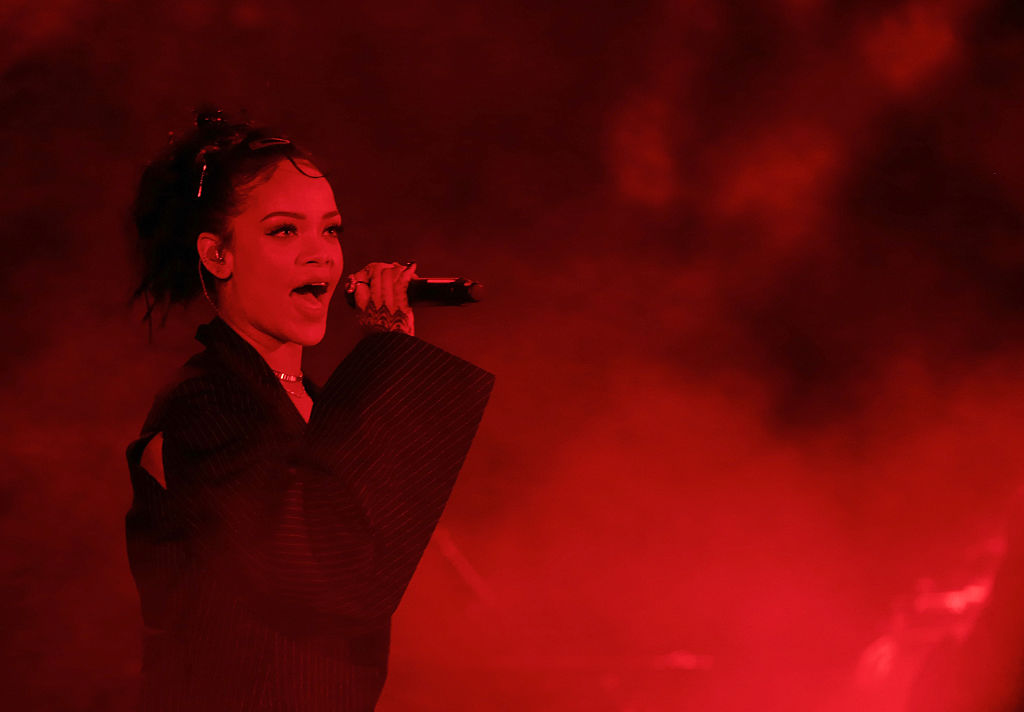
Rihanna’s 2016 album Anti will likely be remembered as one of the best pop records of the decade. The album’s reputation is so secure that many people probably don’t remember just how screwed up the rollout was. Even though Anti ultimately survived, the actual launch still needs to be singled out for its incompetence.
The campaign started in November 2014, when Rihanna promised that her new record would be out “very soon.” But then Anti appeared to be tied up in a convoluted series of corporate deals — Rihanna planned to release album on her own label, Westbury Road, in conjunction with Roc Nation. In November 2015, a full year after Anti was supposed to be out “soon,” she signed a $25 million deal with Samsung to sponsor her forthcoming tour. All the while, Rihanna continued to tinker with the record. Billboard reported that she had a studio installed near her bedroom, and she kept on a staff of engineers to help her record whenever the mood hit, racking up hundreds of thousands of dollars in expenses. The delays caused her to miss a proposed release date on Black Friday during the 2015 holiday season, a blunder that one “insider” estimated cost Rihanna as much as 35 percent of potential sales.
When Anti finally came out in January 2016, it leaked when Tidal released it prematurely. An additional 1 million copies were given away for free on Samsung phones as a Tidal exclusive, though non-Tidal users also received the album free of charge. If it were possible for an album to slip on a banana peel, Anti surely would’ve done that as well.
6. Katy Perry streams herself for the sake of Witness
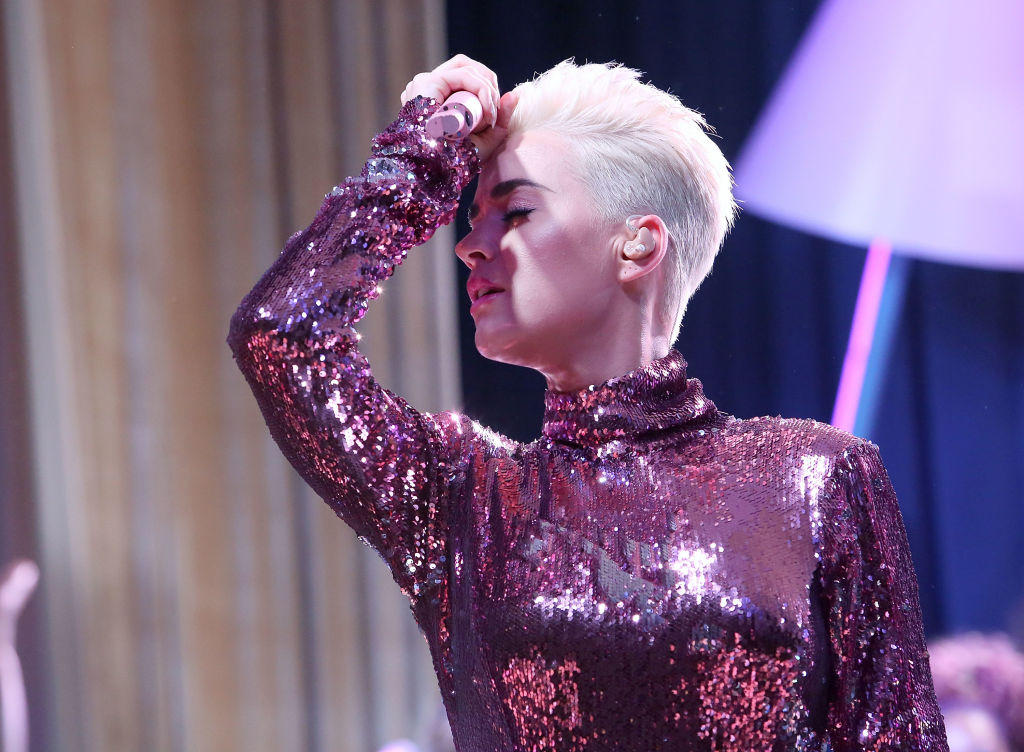
The promotional campaign for 2017’s Witness had it all — unflattering interviews, a widely mocked SNL appearance, and mounting desperation that made the launch seem endless. But the most memorably bad part of the Witness launch was the 24-hour Youtube stream in which Katy Perry installed 41 cameras in her LA apartment and broadcast all that occurred inside for 72 hours.
As one person observed at the time, the prurience driving interest in watching Katy live for three days straight basically boiled down to, “Do you see her, like, take a shit?” Only in the figurative sense.
A lot of it was pretty innocuous: cooking with Gordon Ramsey, political talk with DeRay Mckesson, ranking sex partners with James Corden. But the overall Truman Show-style concept amounted to an unironic embrace of celebrity worship at its emptiest and most indulgent. While some tried to argue that Perry’s was demystifying herself, spying on Katy as she slept every night ultimately seemed both creepy and boring, spotlighting the uncertainty of a pop behemoth fighting to be seen in a new world of Youtube stars and Instagram queens. It also had very little to do with the actual music on Witness — which also happened to not be very good.
5. Jay-Z packages Magna Carta Holy Grail with smart phones and tries to pass it off as fan service
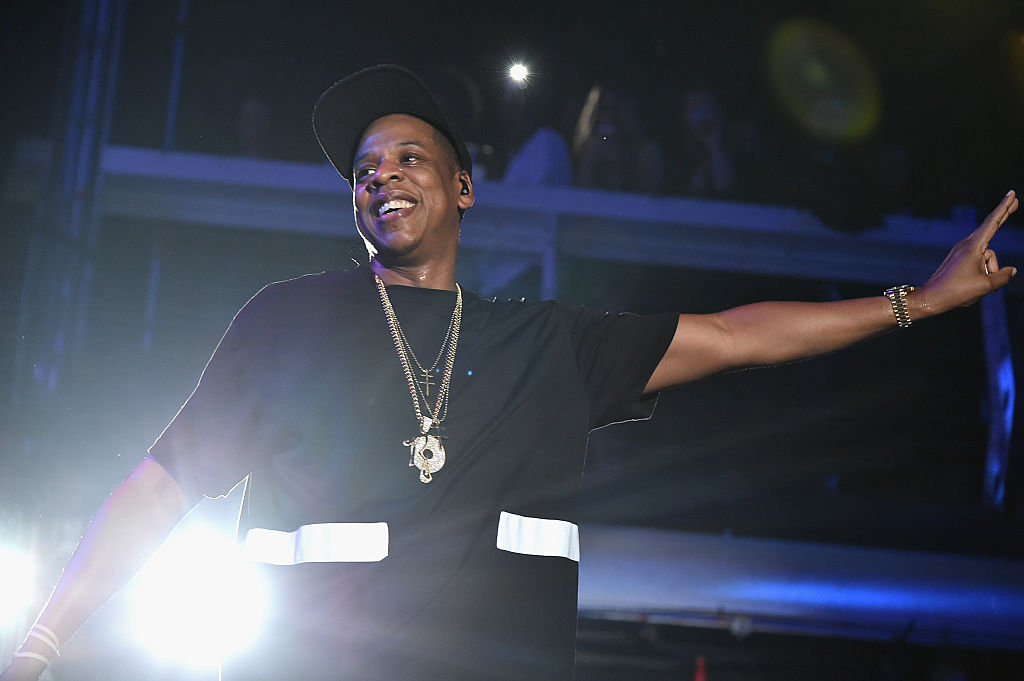
The central tension of pop stardom historically is appearing like you’re a relatable person with human-like emotions and characteristics even when you are actually a walking multi-national corporation. Beyoncé is singularly talented at pulling off this deft maneuver; her husband, Jay Z, is considerably less skilled at pulling off this duality when he’s not standing next to his wife.
For 2013’s Magna Carta Holy Grail, Jay partnered with a smartphone company for the album’s release, giving phone users first crack at the album before anyone else. The smartphone people also helped Jay to promote the album, sponsoring a series of touchy-feely ads co-starring Pharrell Williams, Timbaland, and a barefoot Rick Rubin that brazenly positioned this multi-million partnership as a visionary artistic gesture, kind of like The Blueprint of telecommunication-related advertising stunts. What it did instead was paint Magna Carta Holy Grail as only a demonstration of Jay’s well-heeled power and wealth — an impression unfortunately confirmed by the bloated album itself.
The whole thing just felt gross. Even the tech part of Magna Carta Holy Grail was shoddy, as fans complained about privacy concerns and the glitchy app that made accessing the record a chore.
4. Justin Timberlake makes music writers eat bugs

You know an album launch isn’t going well when pundits breathlessly rush to write thinkpieces about how you’ve abandoned your core R&B sound to make “white people music,” based on viewing a rustic-looking trailer and without hearing the actual record. Of course, when Timberlake’s 2018 album Man Of The Woods finally came out, it sounded like his usual pop-soul with a country music twist. A departure, but not a radical one.
But you could hardly blame the media for drawing conclusions based on Timberlake’s new flannel-centric image, as well as an album tracklist that included a song literally called “Flannel.” The muddled messaging of the Man Of The Woods campaign reached its nadir when Timberlake hosted a “forest-themed” listening party for the press that included bugs served as hors d’oeuvres. While Man Of The Woods no doubt was a flawed record, the die was cast for Timberlake the moment he decided that feeding music critics insects was a good idea.
3. Arcade Fire get “satirical”
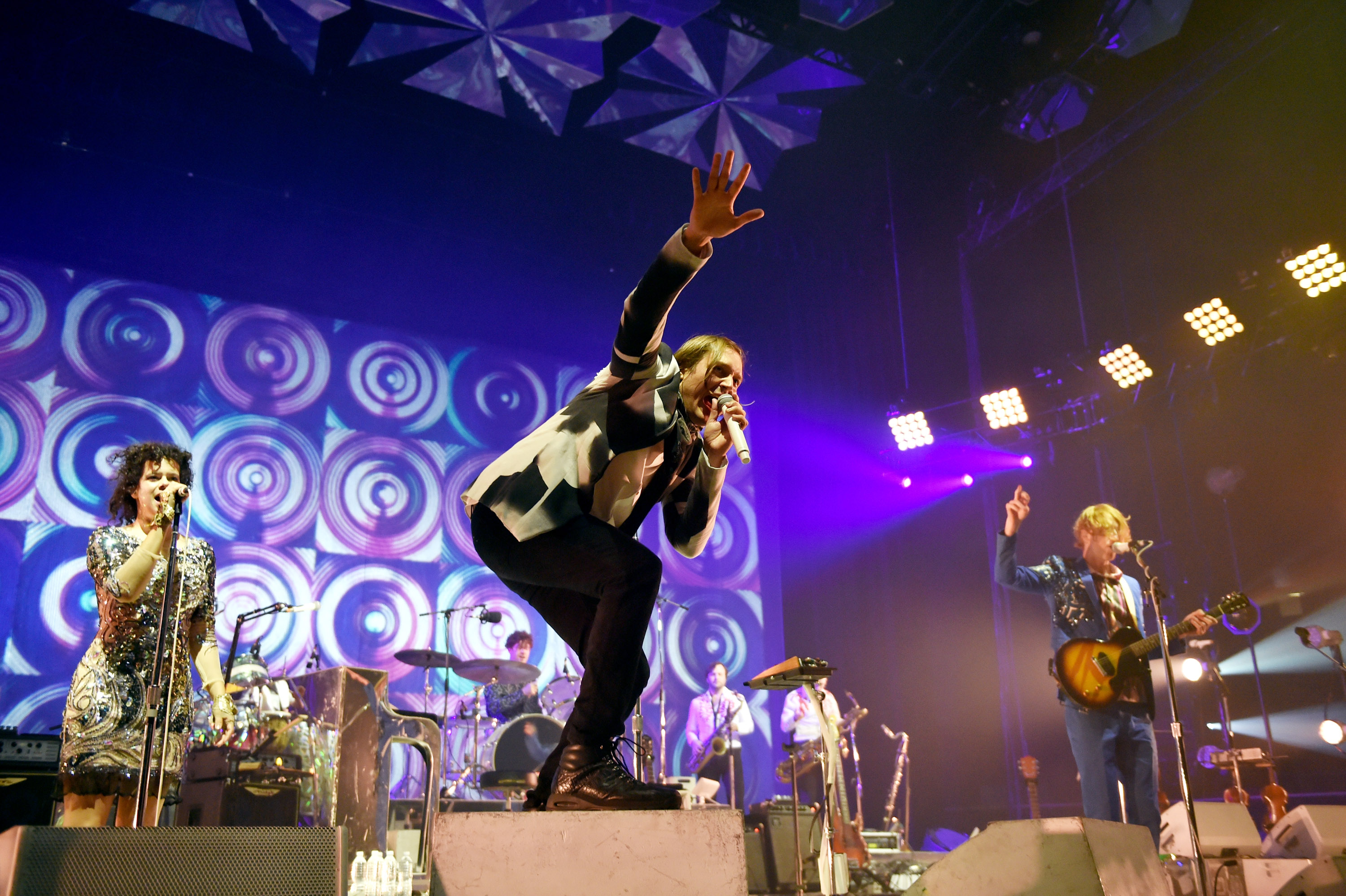
Epic. Anthemic. Sweeping. Emotionally overpowering. Funny? One of those adjectives clearly does not belong when discussing Arcade Fire.
If the point of an album launch is to encapsulate the spirit of a record before the public has the chance to hear it, a not-totally-contrarian case could be made that the campaign for Arcade Fire’s 2017 album Everything Now was, well, kinda evocative. The band’s apparent intention was to demonstrate some of the online insanity that the album’s lyrics bemoan — the endless consumption of content, the paradoxical breakdown of communication caused by communication devices, the pervasive feeling of alienation and emptiness that the internet engenders.
But the execution of those ideas simply did not work. The dress code, the defensive album review parody, the fake news about Rock Band: Arcade Fire, the fidget spinners — none of these jokes (or were they comic statements?) really landed. Worse, it was all very distracting. Even if you think Everything Now didn’t get a fair shake from critics, it’s impossible to argue that the album launch didn’t ultimately cripple the record. If Arcade Fire was trying to make a point about content overload, they unwittingly added to the noise rather than clarify it.
2. Kanye goes #MAGA
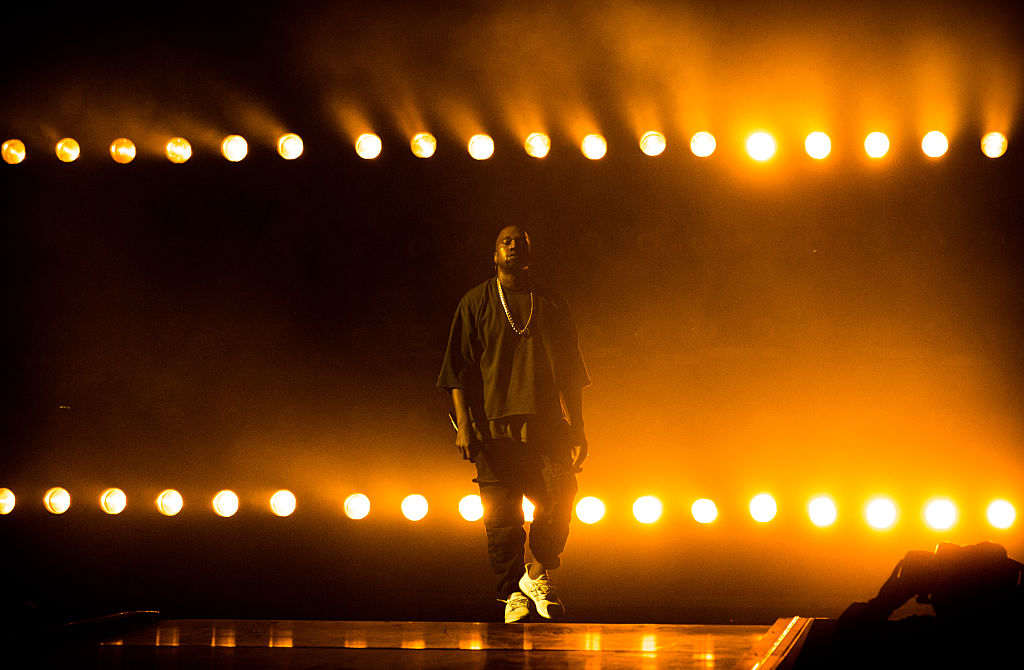
Is it possible for an album launch to be so bad that it actually tears at the fabric of society? That was how the conversation around Kanye West’s latest album Ye was framed.
His flirtation with the alt-right provoked outrage among many of his fans, who not only felt betrayed but also worried that West’s influence legitimized conservative carnival barkers like Candace Owens and Charlie Kirk. Even if you’re inclined, as I am, to view West as an apolitical troll who relishes playing the heel — a pop star-as-pro wrestler — his recklessness in engaging with matters of real consequence just seems despicable. And exhausting. And plain stupid.
Despicable, stupid exhaustion is not a good way to approach a record! But the launch of Ye didn’t just hurt album, it also caused music critics — historically some of Kanye’s biggest boosters, even at his prior lowest moments — to reassess his entire catalog. It’s bad enough when a launch stymies your latest work, but West did significant damage to his overall legacy, recontextualizing his previous artistic impulsivity, not as acts of a genius operating on instinct, but rather a self-absorbed megalomaniac haphazardly hitting potholes as often as jackpots.
1. U2 gives away a free album and the public interprets it as a personal violation
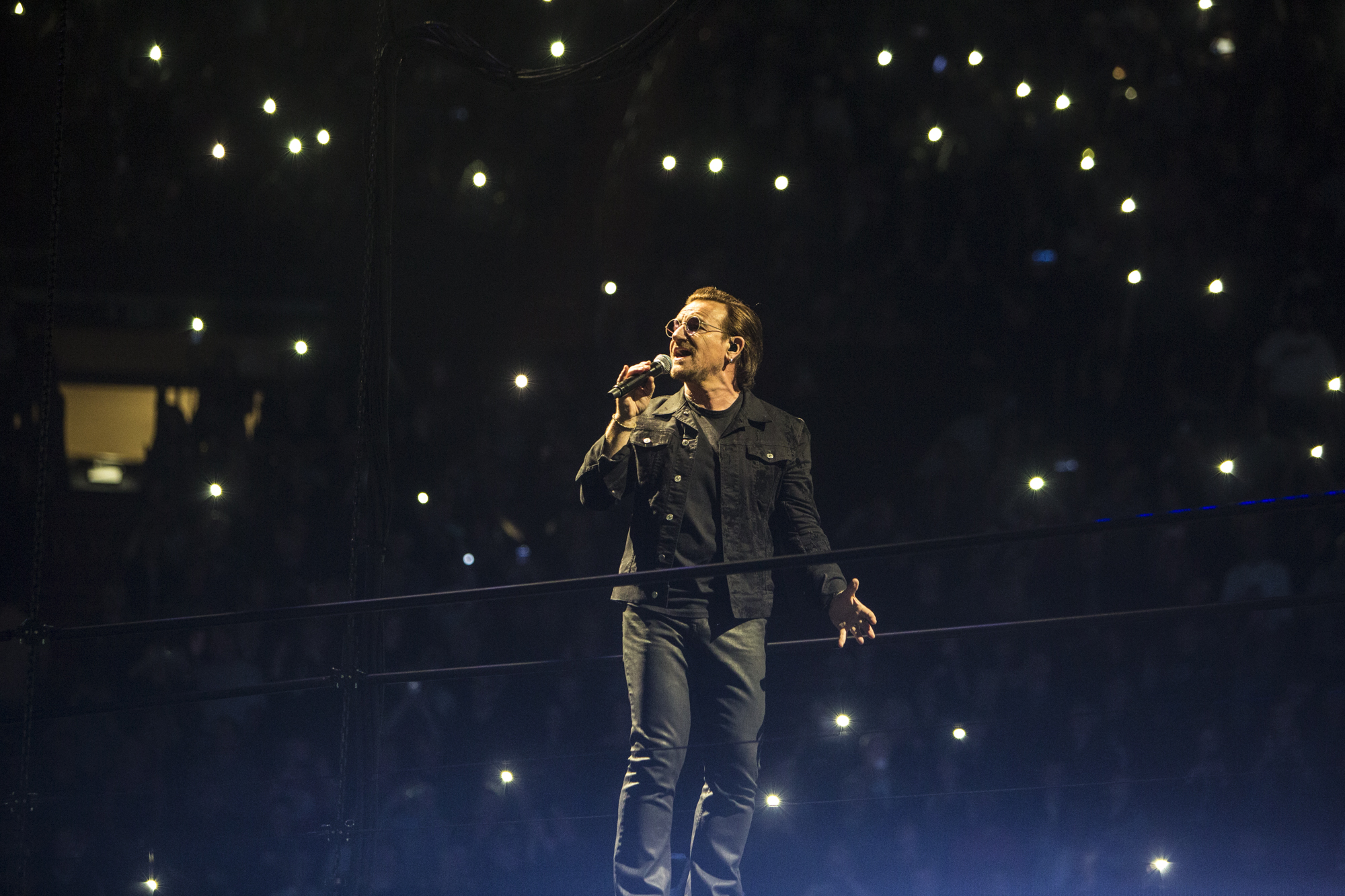
You know how when film critics rank the best movies of all-time, Citizen Kane always ends up at the top of the list? Citizen Kane may or may not be the actual best choice, but it feels like the most obvious choice.
U2’s 2014 album Songs of Innocence is the Citizen Kane of bad album launches in the 2010s.
Can we now admit that people massively overreacted to one of the biggest bands in the world putting its latest record on their damn phones? The invasion-of-privacy complaints seem pretty, well, phony now. (Timothee Chalamet in Lady Bird voice: The government already uses our mobile phones to spy on us!) But no matter: U2’s grandiose ambitions to be heard by the entire world, no matter their current Steel Wheels phase, doomed them to make a critical error in judgment.
As so many bad album launches have demonstrated, people don’t like to feel forced to care about something — whether it’s by corporate interference or media omnipresence, or because we’ve been tricked or manipulated. If you force people to listen, they won’t listen and will instead fixate on the means by which they’re being coerced. The launch, not the album, becomes the story. And then the album is finished.






